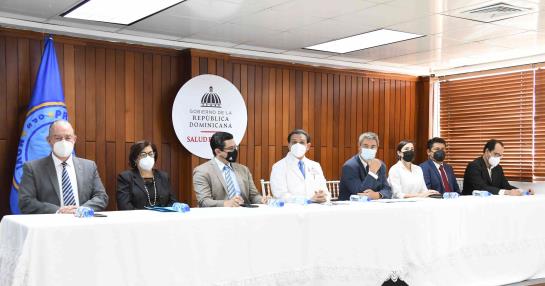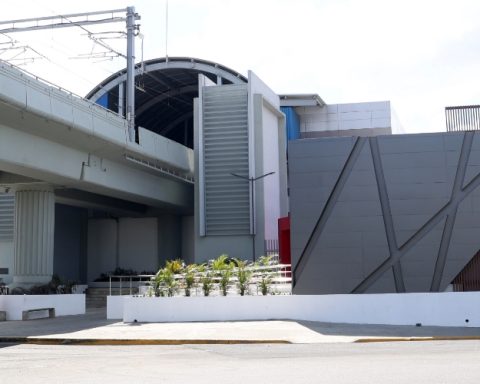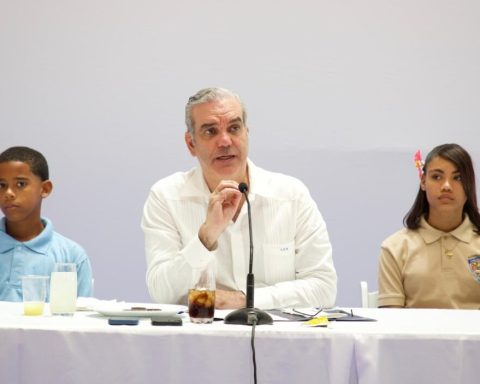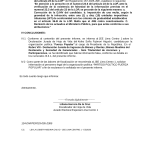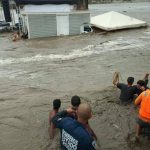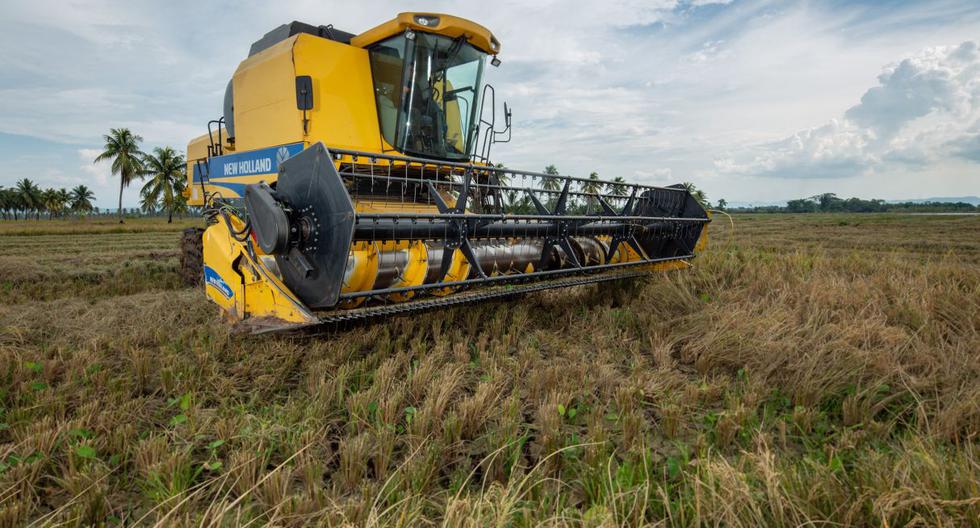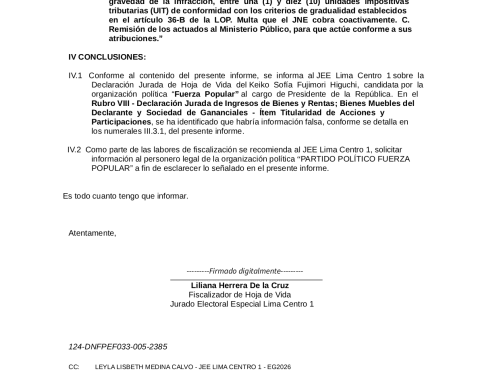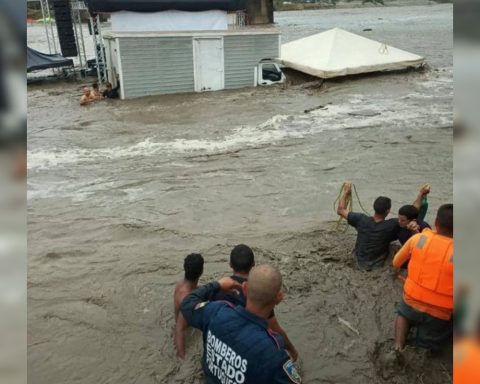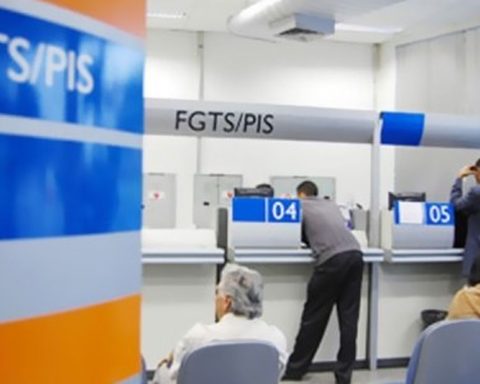The Ministry of Public Health and representative of the Pan American and World Health Organization, announced this Monday that the Dominican Republic is prepared to start the “genetic sequencing”, which constitutes a historical milestone for the country.
According to a press release, the head of Health, Daniel Rivera and Olivier Ronveaux, PAHO representative, agreed that this process constitutes a great advance in medical technology for research of epidemic outbreaks in the nation.
“Genomic sequencing constitutes a historical milestone, it is the ability to be able to identify with greater certainty, not only the different variants of COVID-19, but also the different circulating viruses, bacteria and pathogens, track the distribution in time and space of viruses”, Rivera said.
Eladio Pérez, Deputy Minister of Collective Health, highlighted the importance of achieving genomic surveillance and it is part of the country’s evolution in terms of technology applied to scientific procedures.
“This is the result of a lot of sacrifice, with the immediate capacity we were able to observe the delta and omicron variants, with this surveillance we will reach a milestone, since thanks to this process we can reduce risks with preparation, surveillance, response and early recovery in case of any threat to human health, including outbreaks or disasters caused by natural phenomena, biological, chemical or radiological agents, human activities, conflicts or any other threat.
Meanwhile, the director of the National Laboratory, Yvonne Imbert, showed her gratitude for the support provided by the Ministry of Public Health and the Pan American Health Organization (PAHO), for the Genomic Sequencing course, an important achievement for the country.
“This method and technology is expected to be replicated in other respiratory viruses and diseases such as: HIV, arboviruses, malaria, tuberculosis, so that we can continue to contribute to meeting the needs of the population, aligned with the national strategy of simplification, optimization and innovation” Imbert noted.
In addition, he indicated that this modernization of the National Laboratory is an impact on knowledge, fundamental as a starting point in the different variables of SARS-Cov-2 in the country. The workshop was given from February 7 to 11, with the purpose of being the starting point that implies the development and innovation to evaluate the processes of surveillance and research of biological diseases.
The technical coordinator of the National Laboratory, Isaac Miguel, explained the characteristics of this procedure and how the sequencing will be done, offering weekly results on the circulation of the variants in the country, according to the samples received during the day. taking 10% positive PCR for COVID-19 to arrive at the variant.
“It is a conscious challenge to classify, define the training route, to track epidemiological diseases and analyze the information in a general way, better understand scientific information and make decisions regarding the health of the Dominican people,” said Miguel.
The course
To start this process and with the aim of strengthening the areas of molecular virology for the response to the COVID-19 pandemic, the Pan American Health Organization/World Health Organization (PAHO/WHO), and the Gorgas Institute of Health Studies (regional reference for the PAHO Genomic Surveillance Network), developed the International Training Course on “Sequencing and Bioinformatic Analysis of Influenza and SARS-Cov-2”, at the National Public Health Laboratory, Dr. Defilló .
The course was aimed at personnel from Public Health, Dr. Defilló–WHO National Influenza Reference Center Dominican Republic and the National Health Laboratory–WHO National Influenza Center/Guatemala and constitutes an important step for strengthening both National Influenza Centers and progress towards the consolidation of pathogen genomic surveillance processes.
The training, which is part of the technical cooperation provided by the Organization and is part of the COVID-19 Pandemic Response Plan and the Pandemic Influenza Preparedness Program (PIP) for the 2022/2023 biennium, was in charge of Dr. Alexander Martínez, head of the Department of Research in Genomics and Proteomics, Claudia Gonzales and doctors Juliana Leite and Leticia Franco, from PAHO.
